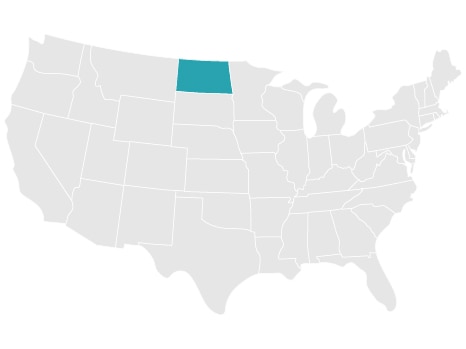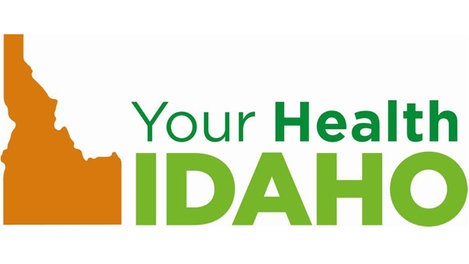
When deciding whether to purchase travel insurance, you should be aware that some policies exclude pandemics from coverage. Others might only cover them after the event has been declared. To learn more, you should read the policy documentation. If you're unsure, it is a good idea to get comprehensive travel insurance. A policy with Cancel for Any Reason coverage is a smart choice.
Cancel for any reason coverage
The standard policy does not include coverage for pandemics, epidemics, or other risks. In this way, travelers who don't choose to purchase "Cancel for Any Reason", coverage will likely not be eligible to recover costs related to a Pandemic. New York does not consider "cancel at any time" coverage insurance because it doesn’t apply to a particular event. However, insurers can comply with the law by showing that the benefit relates to an "authorized business."
Many insurance companies have included the COVID-19 pandemic in their travel insurance policies over recent years. This coverage is only available to travelers who have been certified by a doctor. The coverage of "I am afraid to travel" does not apply. Cancel for Any Reason coverage could allow travelers to receive 50-75% reimbursement for their trip costs. This coverage is very time-sensitive. In order to claim from Cancel for Any Reason, travelers must cancel at least two days prior to departure.
Standard trip cancellation policy
Some standard travel insurance policies do not cover the costs of travel due to a pandemic. This coverage can only be added to your policy if you upgrade. The upgrade covers up to 25% of non-refundable costs and costs approximately 40 percent more than the standard plan. This is a great option if there is a potential pandemic.

Check your policy carefully to ensure that pandemic coverage has been included. You can also check your policy to see what other mishaps might be excluded. Make sure your policy limits are sufficient to cover other mishaps. Also, ensure your policy covers transport and emergency evacuation in case of an emergency.
Cancellation due to fear of travel
Most travel insurance policies don't cover cancellations because of fear of pandemics. However, some companies have relaxed their policy rules. Under the optional Cancel Any Reason benefit, 50-75% can be claimed if you are ill and cancel your trip. However, this benefit can only be claimed if you act quickly. It is best to cancel no later than 2 days before your departure.
Standard travel insurance policies usually do not cover cancellations for pandemics or epidemics. If you cancel your trip due to "fear" of traveling, your plan won't pay for it. Travelers should be aware of the many reasons they might have to cancel their trip. In addition to airline flight cancellations, cruise ship travel suspensions, and other problems can justify the need for travelers to cancel their trips.
Waiver for pre-existing condition
If you have pre-existing medical conditions, you may be worried about getting hurt or sick while traveling. While most travel insurance policies won't cover you for such conditions, some policies may allow you to waive pre-existing condition coverage if your chronic illness is present.
This waiver allows for you to avoid paying high premiums if you already suffer from a medical condition. If you have been suffering from a disease or other health problem for more than 60 days, you can get a waiver of pre-existing condition. You should check your medical records in order to confirm that your policy covers such an illness.

Cancellation coverage for COVID-19
Travel insurance is necessary if you travel to a affected region by the Covid-19 viruses. Certain illnesses may be covered by some insurance policies. Others will cover quarantine costs. It doesn’t matter if it’s for business or pleasure. Make sure you know your specific coverage.
Insurance policies usually exclude loss from epidemics. You should ask your provider if they offer cancellation coverage for COVID-19. The amount of coverage you have and your policy limits will affect the answer. Some plans exclude losses due to COVID-19 because it's a communicable disease. But others may provide coverage for such events if they're part of a joint public-private initiative.